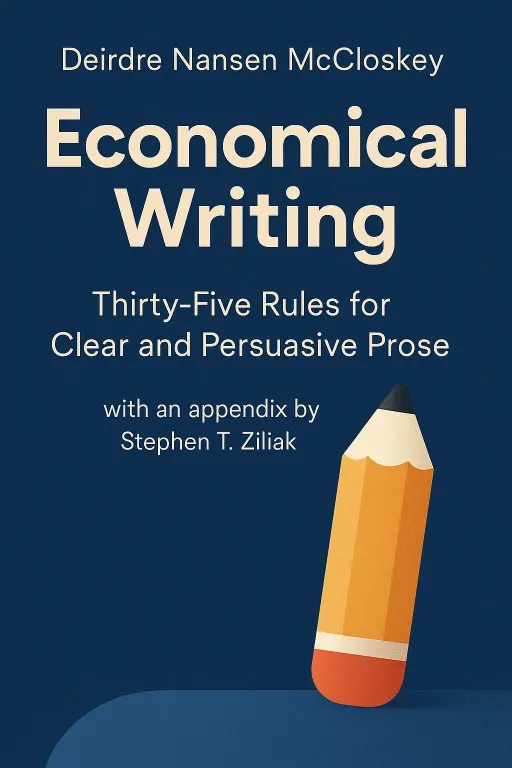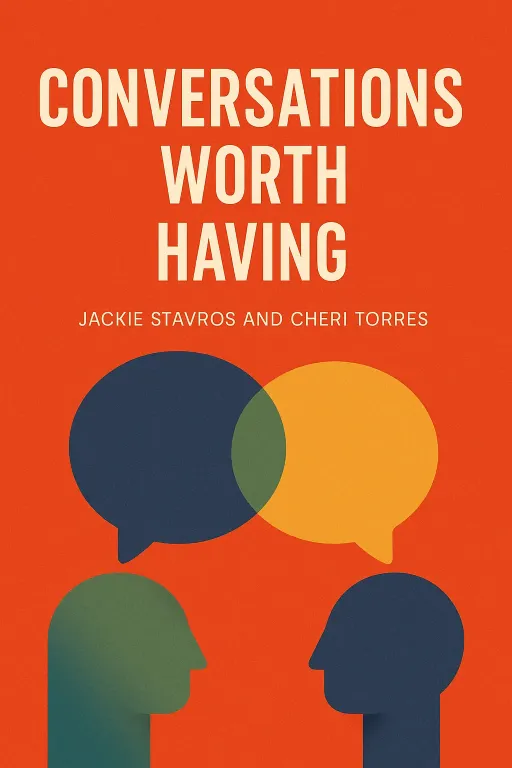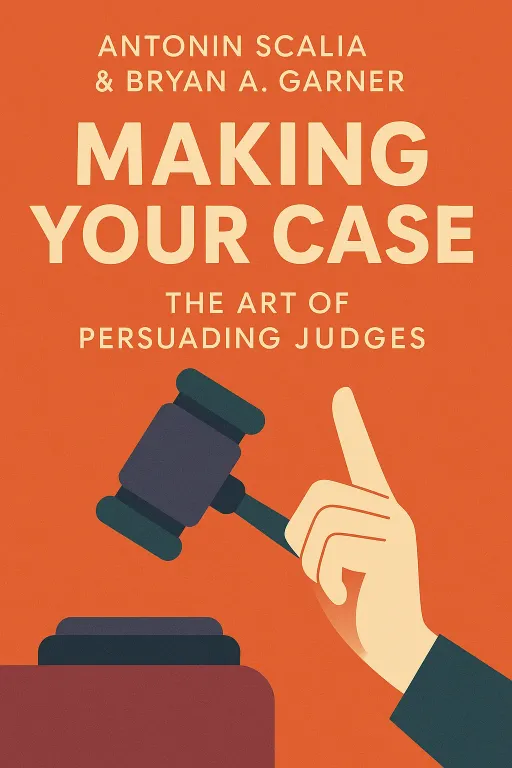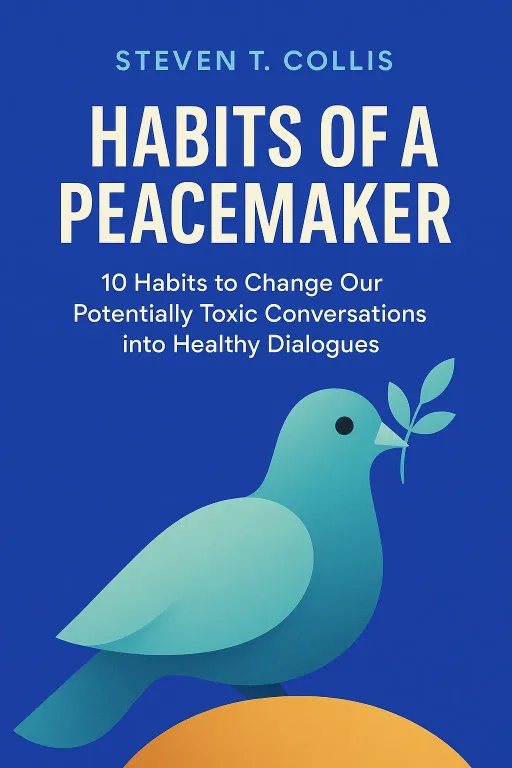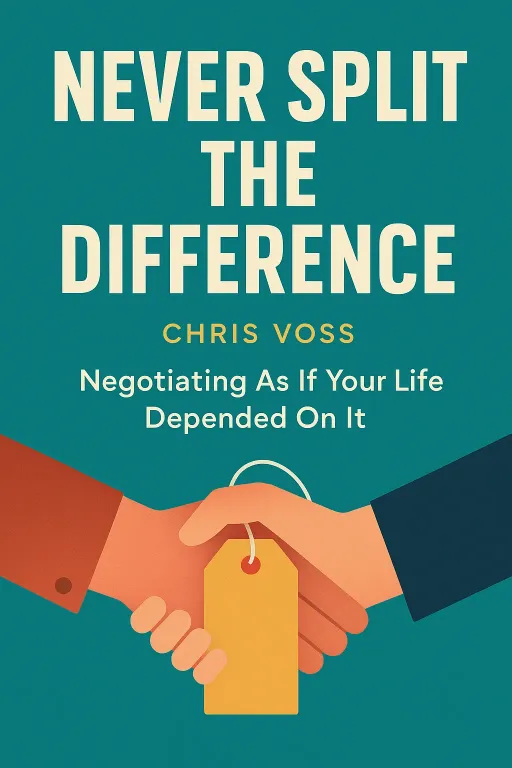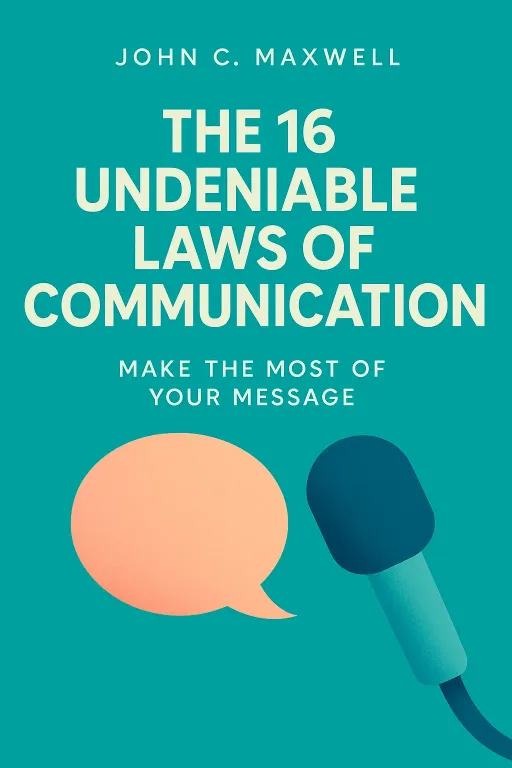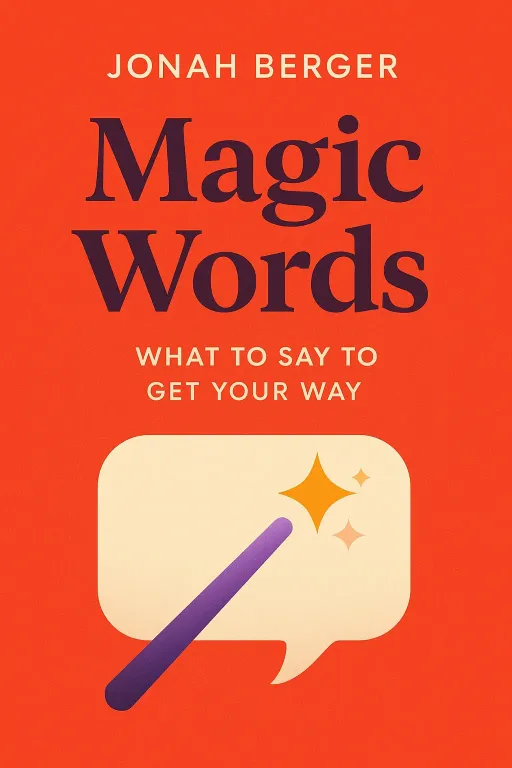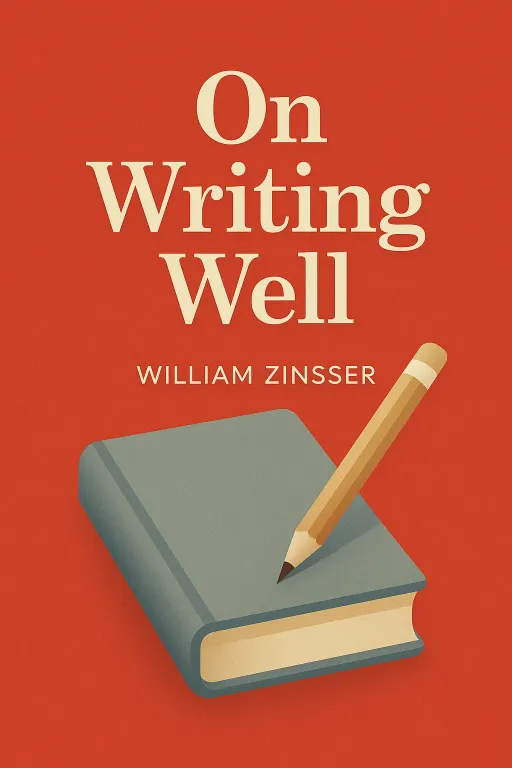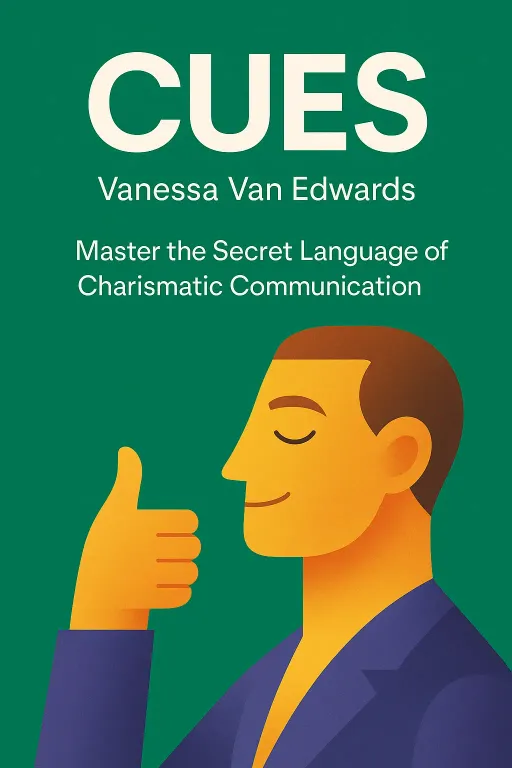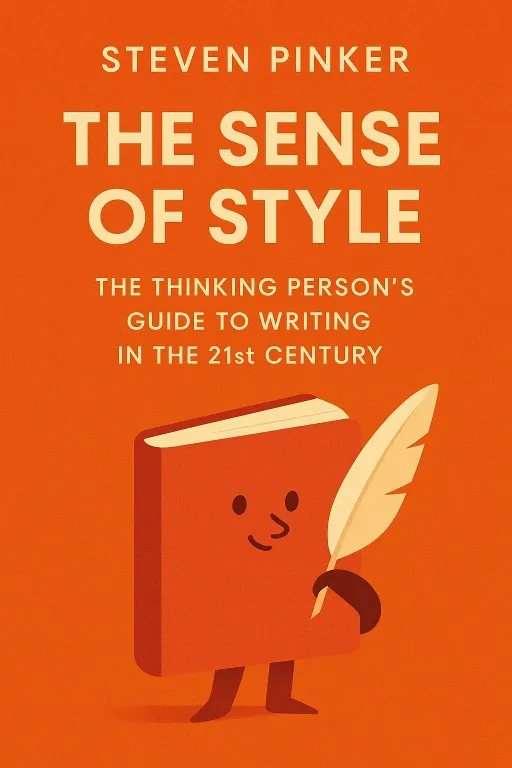
The Science of Style
10 minGolden Hook & Introduction
SECTION
Michelle: Everything your high school English teacher taught you about good writing might be wrong. In fact, following some of those classic rules—like never splitting an infinitive—could actually be making your writing worse. We're about to find out why. Mark: Whoa, that’s a bold start. I still have a kind of phantom stress from seeing red ink all over my essays. The fear is real. Are you telling me it was all for nothing? Michelle: Some of it, maybe! It’s a central argument in a fantastic book we’re diving into today: The Sense of Style: The Thinking Person's Guide to Writing in the 21st Century by Steven Pinker. Mark: Right, and what’s so fascinating about Pinker is that he’s not an English professor or a novelist. He's a world-renowned cognitive scientist and linguist at Harvard. He’s looking at writing from the perspective of how our brains actually process language, which is a total game-changer. Michelle: Exactly. And he argues that the single biggest reason most writing fails—from academic papers to corporate emails—has almost nothing to do with breaking grammar rules. It's a cognitive glitch that’s hardwired into all of us. He calls it the 'Curse of Knowledge.'
The Real Reason Your Writing is Confusing: The Curse of Knowledge
SECTION
Mark: The Curse of Knowledge. That sounds ominous. What exactly is it? Michelle: It’s the difficulty of imagining what it's like for someone else not to know something that you know. Once you know something, it becomes incredibly hard to put yourself in the shoes of someone who doesn't. Your brain just can't easily simulate that ignorance. Mark: Oh, I know this feeling. It’s the expert who can't explain their own field to a normal person without using a million acronyms. Michelle: Precisely. Pinker tells this perfect story about an eminent biologist at a big conference, speaking to a general audience. He was supposed to explain his groundbreaking discovery, but he launched into this stream of technical jargon—just a firehose of terms that only his fellow molecular biologists would understand. Mark: Let me guess, the audience just glazed over. Michelle: Completely. The host had to awkwardly interrupt him and say, "Could you please try to explain that in a way the rest of us can understand?" And the biologist was genuinely surprised and even a little annoyed. He couldn't fathom that what was so obvious to him was completely opaque to everyone else. He was cursed by his own knowledge. Mark: That makes so much sense. It’s not that he was trying to be difficult; his brain was just stuck in 'expert mode.' But does this have real-world consequences beyond a boring lecture? Michelle: It can be a matter of life and death. Pinker gives this chilling example of a warning label on a portable generator. The original label was written by engineers, for engineers. It was full of abstract language and passive voice, saying things like, "Utilization of a generator indoors will result in exposure to carbon monoxide." Mark: That sounds like something from a legal document. It doesn't exactly scream "danger." Michelle: Not at all. And people died. So, they redesigned it based on principles of clear communication. The new label is brutally simple. It says, in big letters: "Using a generator indoors CAN KILL YOU IN MINUTES." Then it explains, "This is a poison you cannot see or smell. NEVER use inside a home or garage." Mark: Wow. The difference is night and day. One is an abstract statement; the other is a direct conversation that saves your life. Michelle: And that’s the core of it. The first label was written by people suffering from the Curse of Knowledge. They knew the danger so well they couldn't express it in a way that would shock a novice into action. Mark: Okay, but isn't some of it just people being lazy or, you know, using jargon to sound smart and important? Like in corporate or academic writing? Michelle: That's definitely a factor, and Pinker calls it out. There's a lot of professional narcissism out there. But his deeper point is that even when we have the best intentions, the Curse of Knowledge is our brain's default setting. It's a cognitive bias we have to consciously and actively fight every time we write.
The Antidote to Bad Writing: Adopting the 'Classic Style'
SECTION
Mark: Okay, so if our brains are basically wired to write badly for other people, how do we fight it? What's the antidote to this curse? Michelle: The antidote is to adopt a different mental model for writing altogether. Pinker champions what he calls 'Classic Style.' Mark: Classic Style. Is that about writing like Shakespeare or something? Michelle: Not at all. It's a mindset. The guiding metaphor of Classic Style is that the writer sees something in the world that the reader has not yet noticed. The writer’s job is to orient the reader's gaze so they can see it for themselves. Mark: I like that. So it’s not about the writer just dumping a bunch of information on you. Michelle: Exactly. It’s a conversation between equals. The writer isn't a lecturer talking down to a student. They are a guide, sitting next to the reader, pointing at something interesting and saying, "Look at this." The goal is to present the truth, clearly and simply. Mark: That’s a great way to put it. It reminds me of what Pinker says in the book: "Classic writing makes the reader feel like a genius. Bad writing makes the reader feel like a dunce." It’s about empowering the reader. Michelle: You nailed it. It’s about showing, not telling. It’s about using concrete language and vivid imagery to create a virtual reality in the reader’s mind. Mark: Can you give me an example? What does this look like in practice? Michelle: Pinker uses this incredible opening from Richard Dawkins's book, Unweaving the Rainbow. Dawkins, a famous atheist and scientist, wants to show that a scientific worldview doesn't diminish a sense of wonder. He opens the book with this line: "We are going to die, and that makes us the lucky ones." Mark: Whoa. Okay, that gets your attention. Michelle: Right? It’s a paradox. How can dying make you lucky? And then he explains. He says most people who could have existed—all the possible combinations of genes—never will. They are "unborn ghosts." But we, the lucky few, actually get to live and experience the universe before we die. We won the cosmic lottery. Mark: That's beautiful. He completely flips how you think about death in two sentences. Michelle: And that is perfect Classic Style. He didn't say, "This chapter will analyze the statistical improbability of existence." He opened a window and showed you the world in a completely new way. He made you see it. That passage is so powerful, it's often read at humanist funerals.
Liberating Yourself from Grammar Tyranny: Telling Good Rules from Bad
SECTION
Michelle: And what's so liberating about this 'Classic Style' mindset is that it frees you from obsessing over all the petty, prescriptive rules that cause so much anxiety. Mark: Okay, let's talk about the rules! Because I still get nervous about certain things. My English teacher drilled into me that you must NEVER split an infinitive. I still physically recoil when I see someone write "to boldly go." Michelle: Well, prepare to be liberated. Pinker calls rules like that "phony rules." The rule against splitting infinitives is based on a completely flawed analogy to Latin, where it's literally impossible to split an infinitive because it's a single word. English is a different language! It makes perfect sense to put an adverb between "to" and the verb. Mark: So "to boldly go" is... fine? Michelle: It's more than fine; it's often the most elegant and clear way to phrase something. And the fear of breaking this fake rule can lead to absolute disasters. Pinker gives the ultimate example: the 2009 presidential inauguration. Mark: What happened? Michelle: Chief Justice John Roberts, a known stickler for grammar, was administering the oath of office to Barack Obama. The constitutional oath includes the phrase "that I will faithfully execute the office of President." Roberts, in a panic to avoid splitting the verb "will execute" with the adverb "faithfully," mangled the line. He had Obama say he would "execute the office of President to the United States faithfully." Mark: You're kidding! The Chief Justice of the Supreme Court messed up the presidential oath because of a fake grammar rule? That's amazing. Michelle: It was so garbled they had to do a secret re-do in the White House later that day just to make sure the transfer of power was legitimate. All because of a superstition. Mark: That is incredible. Give me another one. Bust another myth for me. Michelle: Alright. How about the idea that you can't use "like" as a conjunction, as in "it tastes good, like a cigarette should." Mark: Oh yeah, the Winston cigarette slogan! I remember hearing that was grammatically horrible. Michelle: It became a massive controversy in its day. The New Yorker mocked it. The famous news anchor Walter Cronkite refused to say it on air. The company that made the ad even leaned into it, with the tagline, "What do you want, good grammar or good taste?" Mark: So, was it wrong? Michelle: Not at all. Writers from Shakespeare to Dickens have used "like" in that exact way for centuries. The whole controversy was, as Pinker puts it, a product of "grammatical ineptitude and historical ignorance." It was a phony rule that a few influential people decided to enforce, and it created a national debate over nothing.
Synthesis & Takeaways
SECTION
Mark: This is all so freeing. So, the big takeaway here seems to be: stop worrying about the fake rules you learned in 10th grade. Forget the superstitions. Instead, focus on being a generous guide for your reader. Michelle: That's the heart of it. The goal isn't to prove how smart you are or how many rules you've memorized. The goal is to fight that Curse of Knowledge by constantly asking, "What does my reader need to know? How can I make this clear and vivid for them?" Mark: It’s about empathy, really. Putting yourself in their shoes and just showing them something true and interesting. Michelle: Exactly. The real question Pinker leaves us with isn't "Is my grammar perfect?" but "Have I made my reader see the world a little differently?" If you can do that, you've succeeded as a writer. Mark: That's a much better goal to aim for. It’s about connection, not correction. Michelle: I love that. Connection, not correction. So, we'd love to know what 'phony' writing rules you've always been scared of. Is it ending a sentence with a preposition? Starting one with 'And' or 'But'? Share them with us on our social channels and let's debunk them together. Join the conversation in the Aibrary community. Mark: Let the great grammar liberation begin. Michelle: This is Aibrary, signing off.
